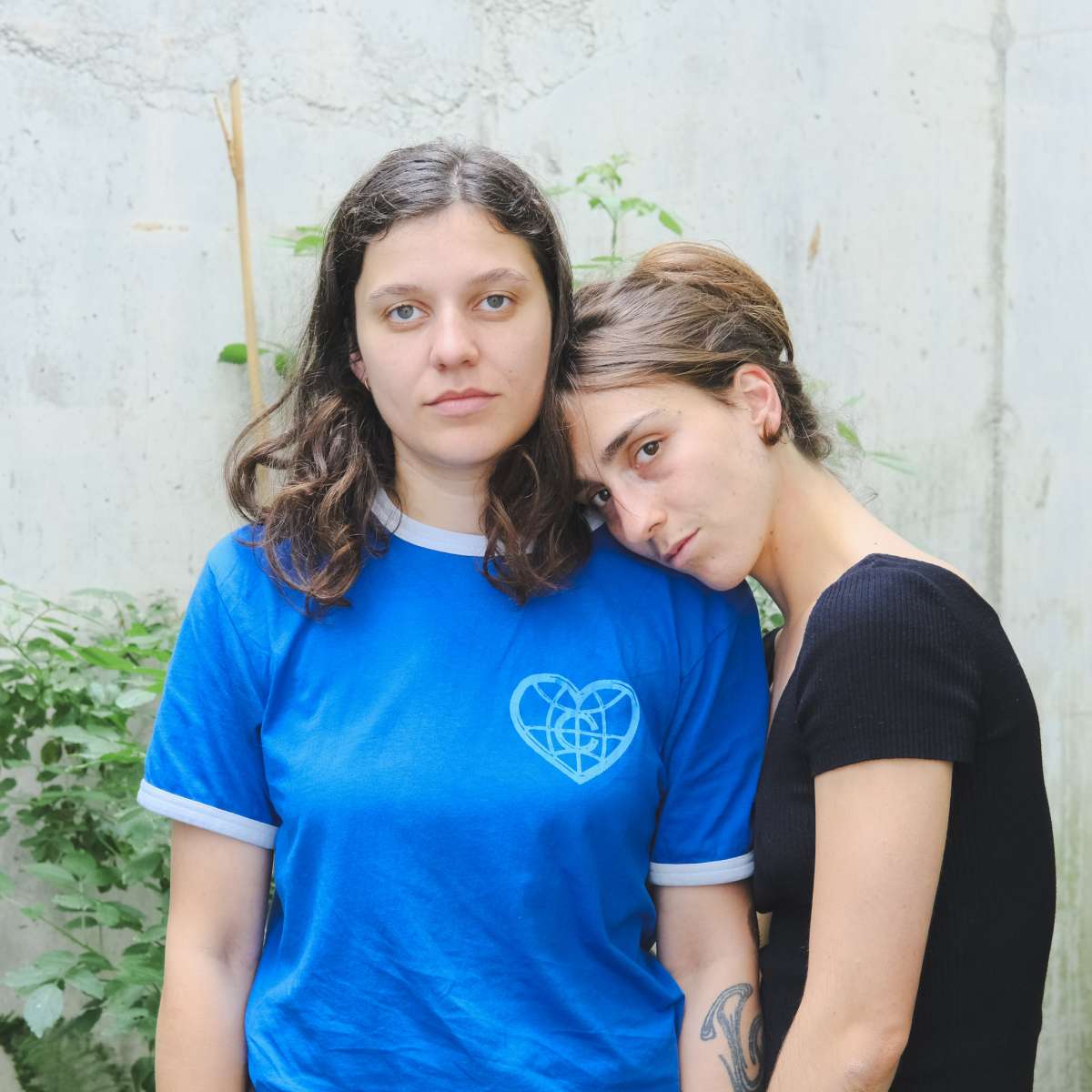Residency time: July & August 2025 Show time: 18th of September at 20h15 during Vruchtbare Grond festival
What is the aim of your work?
Since the beginning of my drama education at KASK, I have been engaging with what I call a reversed transcendence. By this, I mean a movement in which I attempt to deconstruct social and societal (gender) constructs in order to open up space for imagination, desire, and consciousness. Through a poetic and suggestive approach, I seek to contemplate possible feminist futures, without neglecting or forgetting the physicality or transience of our existence. I confront the ambiguity of a total freedom within the imagination with the rigidity of human-made constructs. Constructs that often render that very freedom invisible, precisely because we cling to them. At the same time, imagination itself is also limited, as it is born within a Euro-patriarchal system, and is always situated. My own position—as a ''woman'', as a white person, as a human being—plays an essential role in this.
My work seeks the thin threshold on which we, as paradoxical beings, move. Between here and there, between you and me, between the fleshy body and the image of a body. I work with a sensorial and tangible language of movement, through which I try to rub against or pick at the existential, nearly universal wounds of being human. Always within a feminist, porous framework. The reversed transcendence I aim for is connected to an unusual trajectory. First feeling. Then maybe understanding. Or: what if understanding could come from the body?
How do you, as an artist, maintain a balance between work and private life?
I understand the necessity of separating work from private life, yet it still feels like an alien idea. Much like separating the body from the head. And much like our inner, almost unknowing experiential world, which often goes unspoken within the current social constructs. The head, the prescribed image of how things should be, how they are allowed to be, how they can be. The external roles that are supposed to describe, define, and fix us. I see work and private life not as separate realms but as intertwined, shaped within my privileged, situated, and intersectional position on this constructed watery blue sphere.
This balance is not something I maintain consciously. It exists unconsciously. My work lies so close to who I am that I need to immerse myself in it every day. Without it, I fall too far outside of myself and into the chaos of daily life as a human being in this world.
The inner spaces need to be aired out. Just as you open the windows in your house, your inner world needs breath and movement too. But that space is hard to find in a world where the image of the image of the image becomes more important than what is constantly shifting behind and within it. What never is, but always becomes. Because this one-way, head-driven mode of thinking dominates, many people never get to access those inner spaces. And one can begin to imagine what that means for our shared humanity.
For me, this balance between work and private life is like drinking water. Essential. Yet I also speak from a place of privilege. Not everyone has the possibility to engage in such a dialogue. Still, this balance is always there for me, quietly present. It shifts in texture, in colour, in scent. It transforms alongside moods, unexpected days, and the slow becoming aware of this necessary inner movement.
Is there a specific environment or material that plays an essential role in your work?
As you may have noticed in my previous answers, it is the body. Not only human bodies but also non-human bodies such as the environment play an essential and vital role in my work. There is no hierarchy between these bodies. Just as the body can take center stage, so can the audience. Everything is relational. In the spirit of reversed transcendence, feeling first and then maybe understanding, this fleshly and perishable material is always the starting point of my creative process. The body is a source of knowledge. The body is the origin of imagination and creation. I approach these bodies in a plastic and organic way as material that can continuously be deconstructed and thereby transcended without erasing their temporality. This material is flexible and therefore transformable and becomes an embodied metaphor for untranscendable relativity. What fascinates me more and more lately is the impact of the existential wounds or intergenerational traumas I mentioned earlier on the imagination. How does the body move through these wounds on stage but also off stage?
